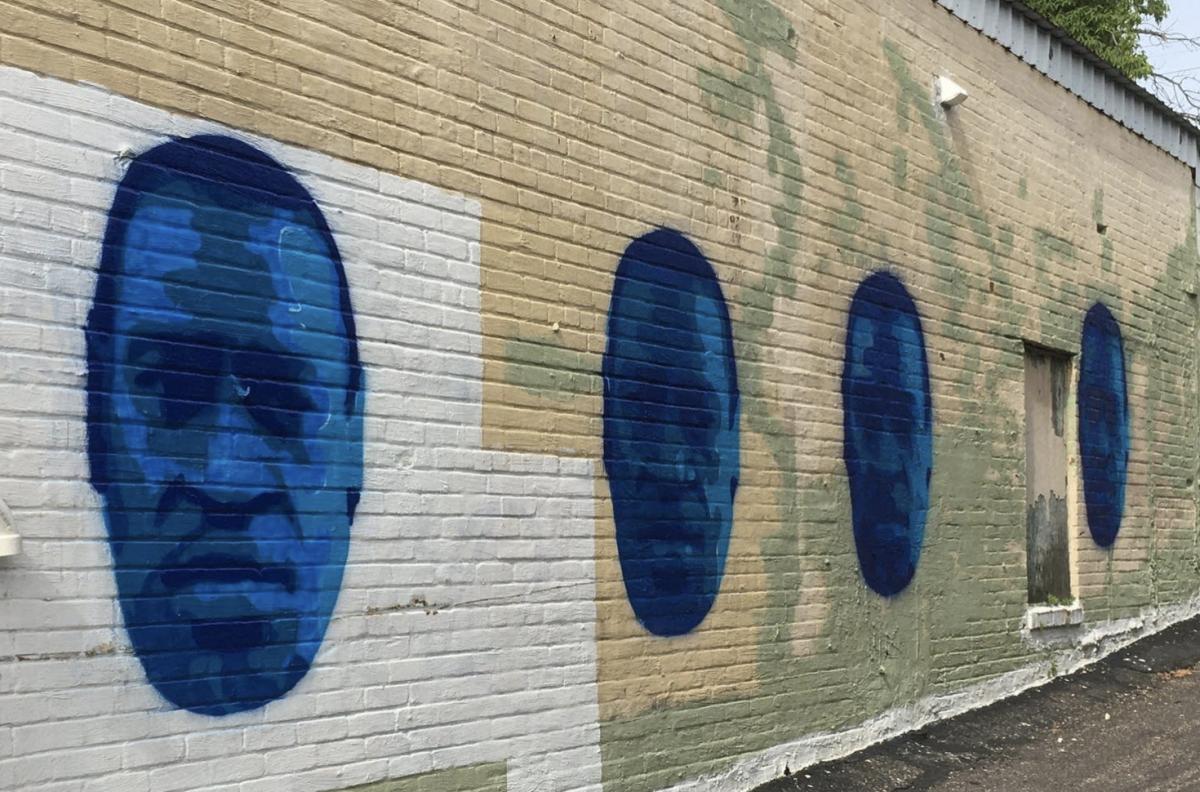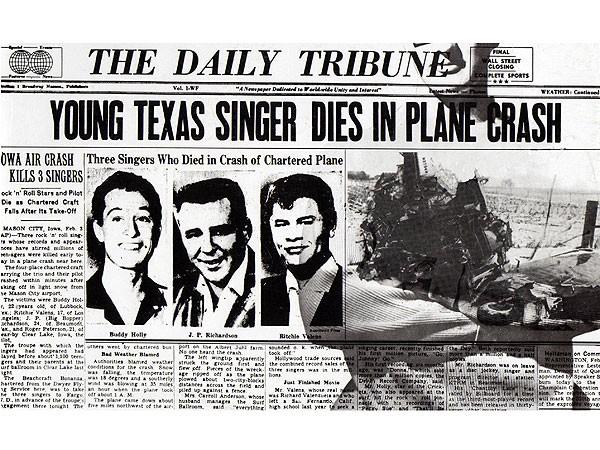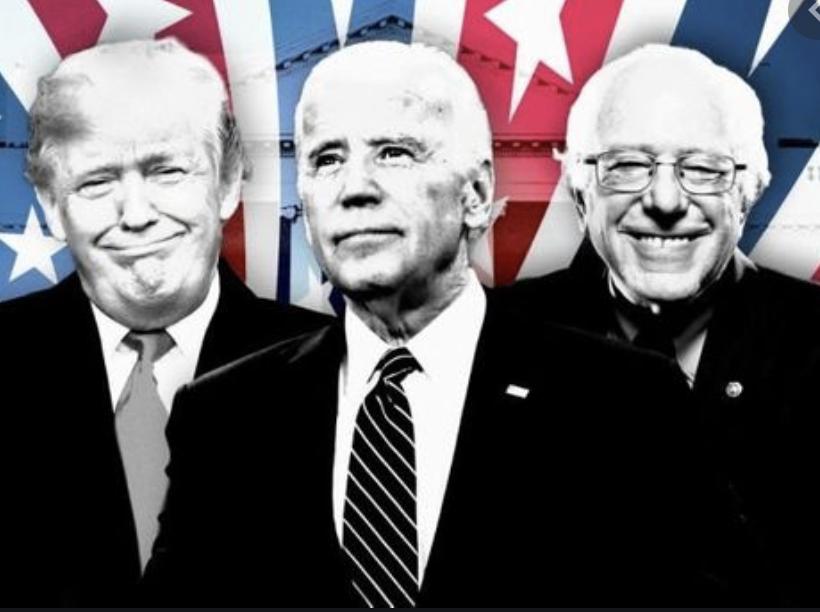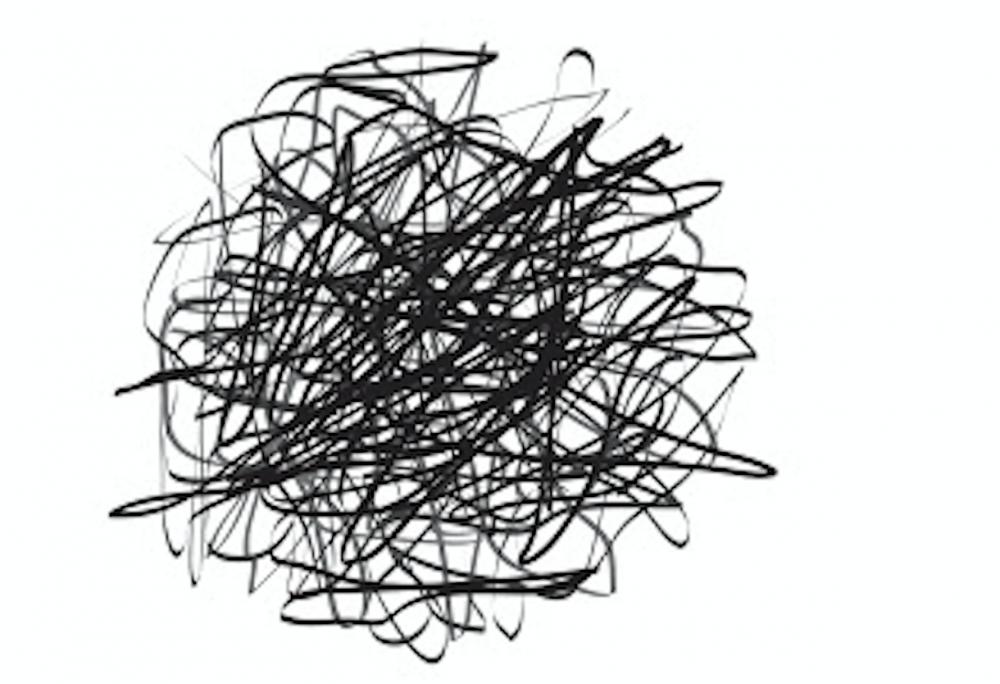I remember, though vaguely. My childhood imagination conjured a friend – although now I can’t recall our conversations. And later I imagined myself winning – I could envision a trophy presentation. But, lacking the athletic skill to really win, my victories were mostly in my mind.
It is beyond me to know the evolving canvas of a young mind and as we get older, imagination seems to evaporate into reality. Reality can be harsh. As we take on burdens imagination recedes—protective impulses surge. And the surge in today’s politics is a flood tide—right and left.
I don’t have to imagine the addictive nature of applause in politics, I have been around it. It seizes, holds on and for many becomes an addiction. Election offers up a job, attention, a pension and to my knowledge there is no Elections Anonymous. There is defeat. Not often enough. And that is where voters’ imagination fails.
We are now implored to re-imagine—to go beyond the ordinary. Even to reach for the extraordinary. Historians will tell the next generation how we responded.
So let me slip in a salute—yes a salute to America where once again we enabled the extraordinary.
My tenure in Washington brought me either in direct or indirect relationship with satellites, the rockets that launched them and the dreamers who took the risks. Yet, I was told over and over that only the government could accomplish such a gargantuan task—the plea, don’t open space corridors to private sector competition, double down on the government’s space program.
Let me recall a stunning event on May 30, 2020 that was largely overshadowed by other news. This headline from CNBC was indicative:
SpaceX launches two NASA astronauts to space for the first time in historic US mission
A handful of people imagined they too could launch astronauts into space. They did it, kudos to Elon Musk, the first to succeed.
It has long been said, “if we can land on the moon we can (fill in the blank).” The reality is we can, but only if the imagination corridors widen and the status quo is upended.
We are in the imagination moment, or at least the re-imagination one. As Covid-19 has interrupted ordinary, we are implored to be extraordinary. And we are taking a hard look at race relations—police in particular. We need to add education to that agenda and make sure students can supplement their learning from home.
The crises of 2020 will push some beyond the defensive stance that is holding us in check. New leaders will emerge and just like the leadership icons of the past they will not be perfect. The search for perfection by the imperfect is both laudable and laughable. We should keep in mind the proverbial alignment or misalignment between glass houses, stones and throwers.
But I also hope that we, those who enjoy the right to vote, will widen our imagination corridor. Allow room for the newcomer; don’t let incumbents and their embedded interests translate their needs into ours.
Al Sikes is the former Chair of the Federal Communications Commission under George H.W. Bush. Al recently published Culture Leads Leaders Follow published by Koehler Books.












